Service-as-a-Platform: the model that redefines the relationship between tools, data and services
A company's performance no longer depends only on the power of its tools, but on how they interact. In an environment saturated with technology, real value now comes from orchestration, not accumulation. It is this idea that makes Service-as-a-Platform a model for the future. Rather than a succession of applications, it offers a living platform, where data, analysis and artificial intelligence are based on business needs. This model is redefining how businesses design their systems, teams, and even decisions.
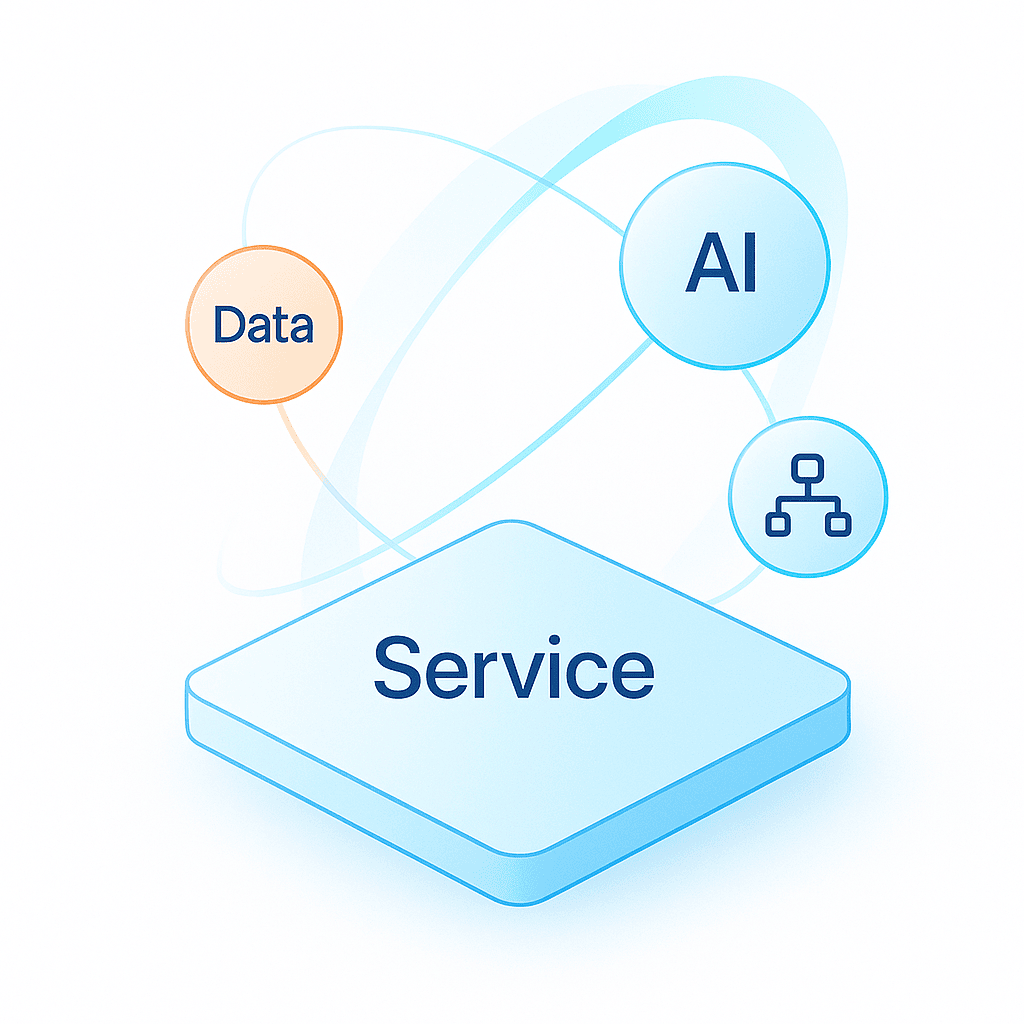

.png)
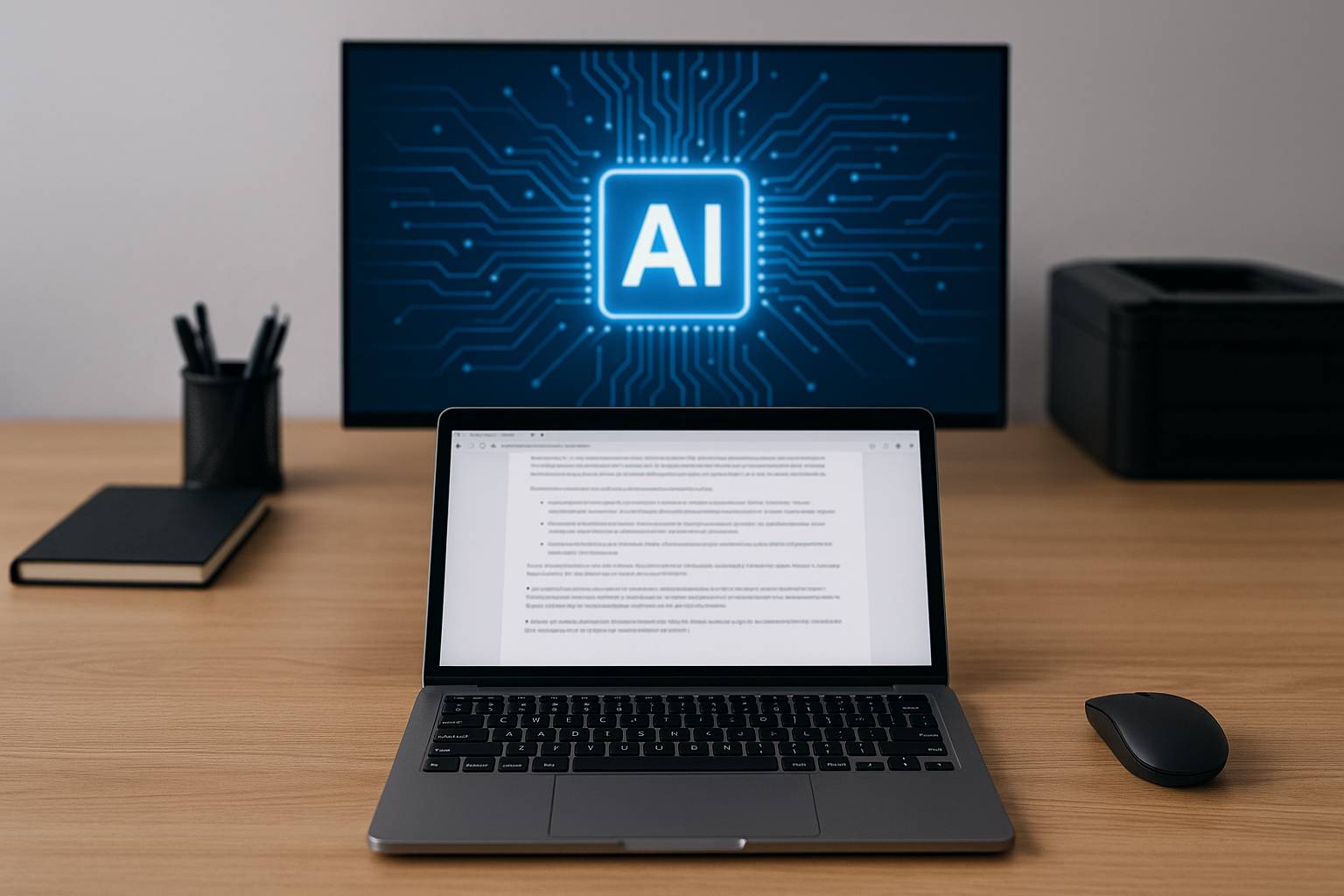
.png)
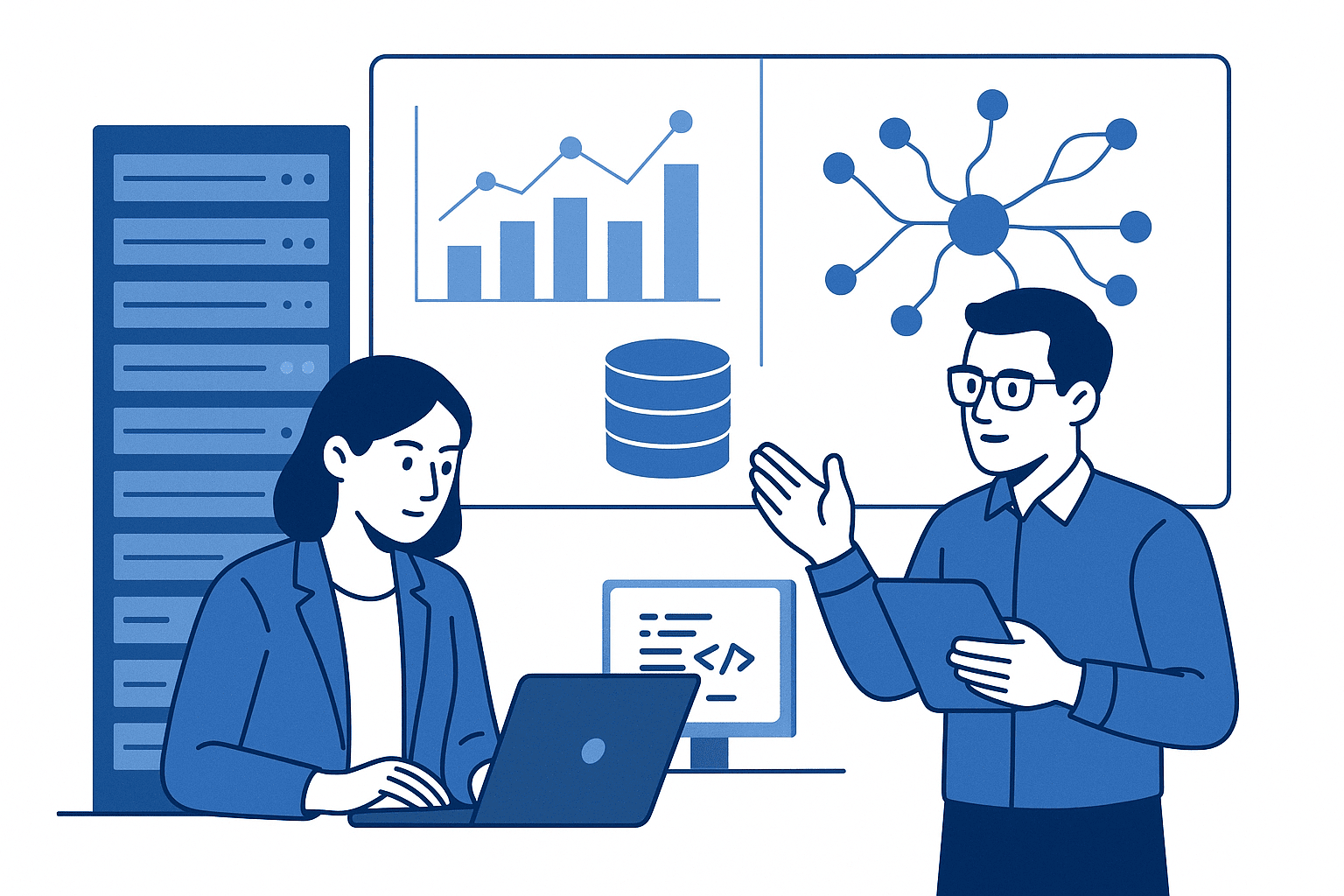
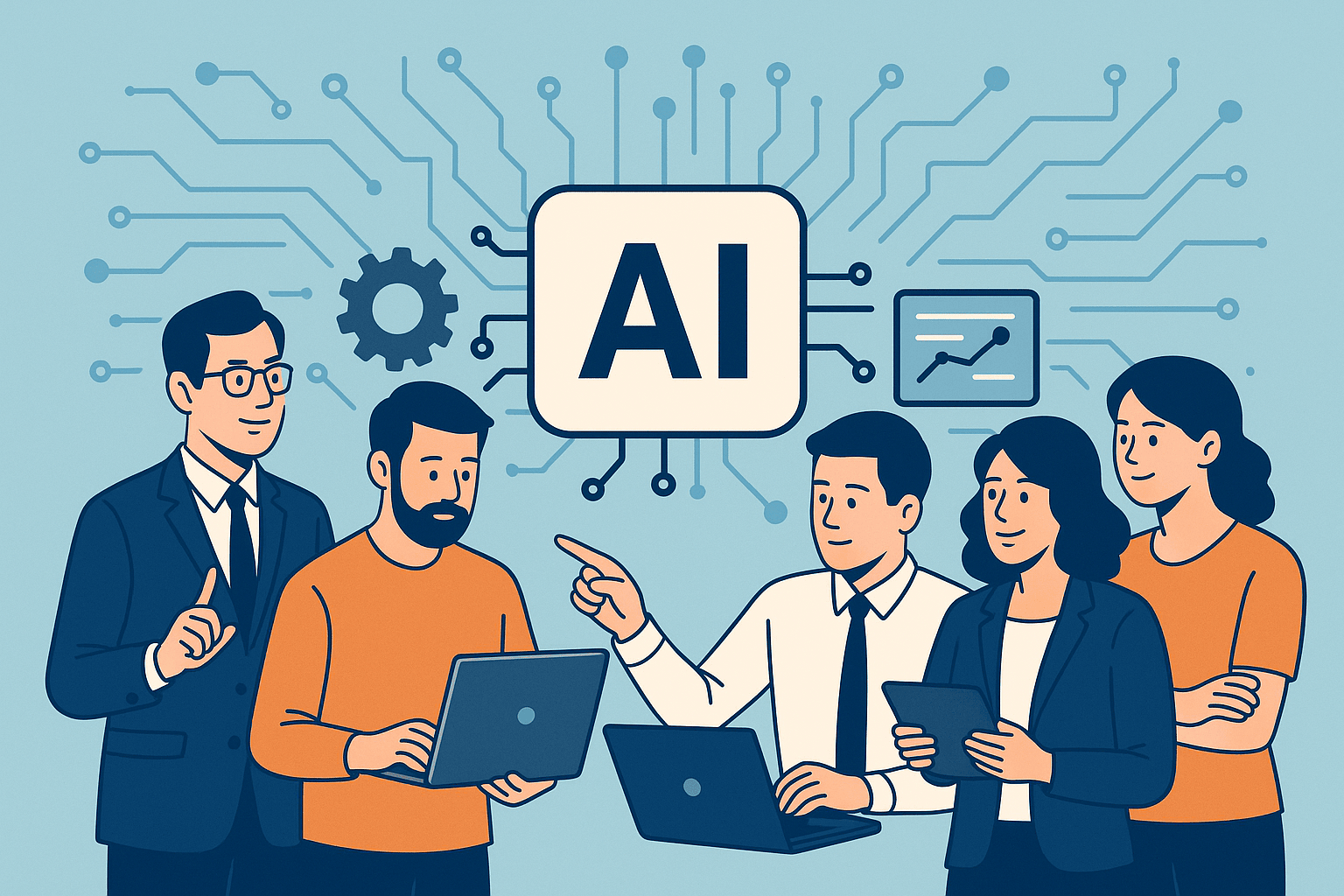


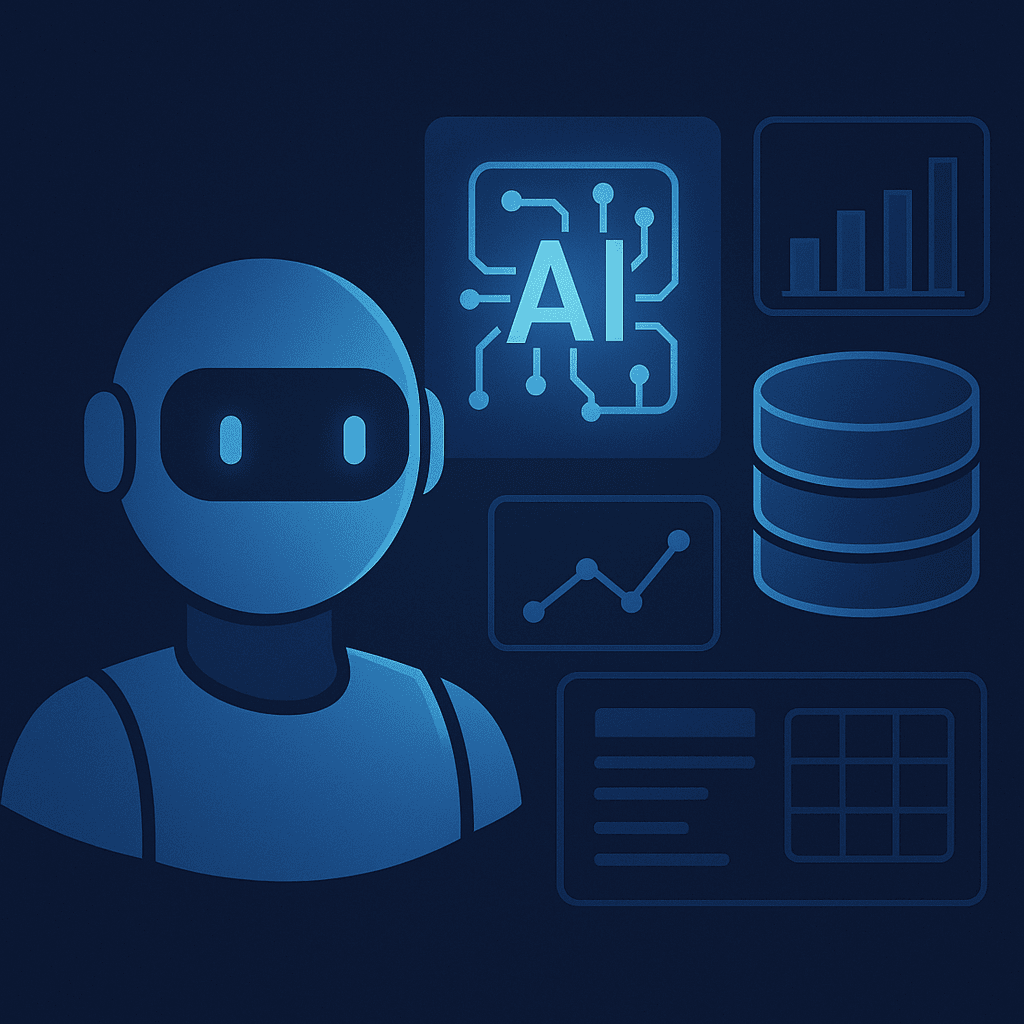
.png)
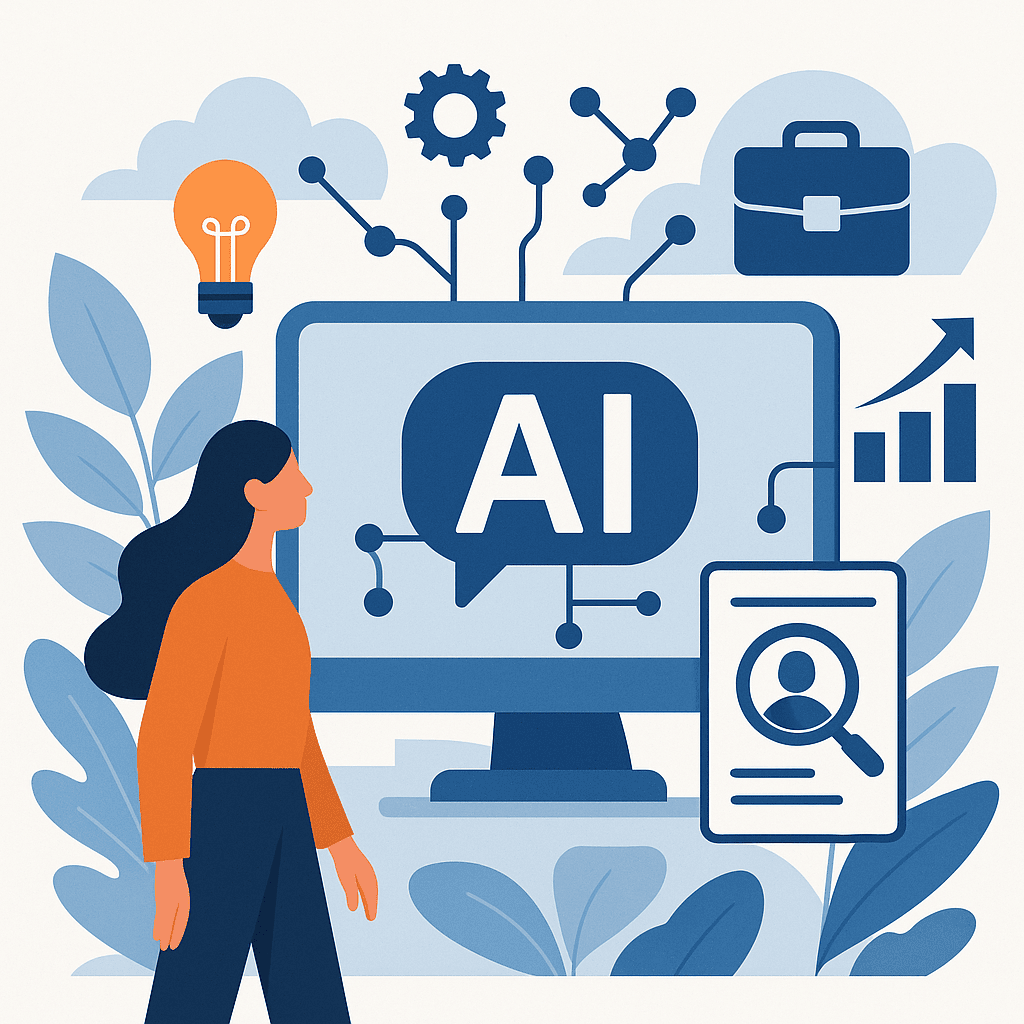
.png)
.png)
.png)